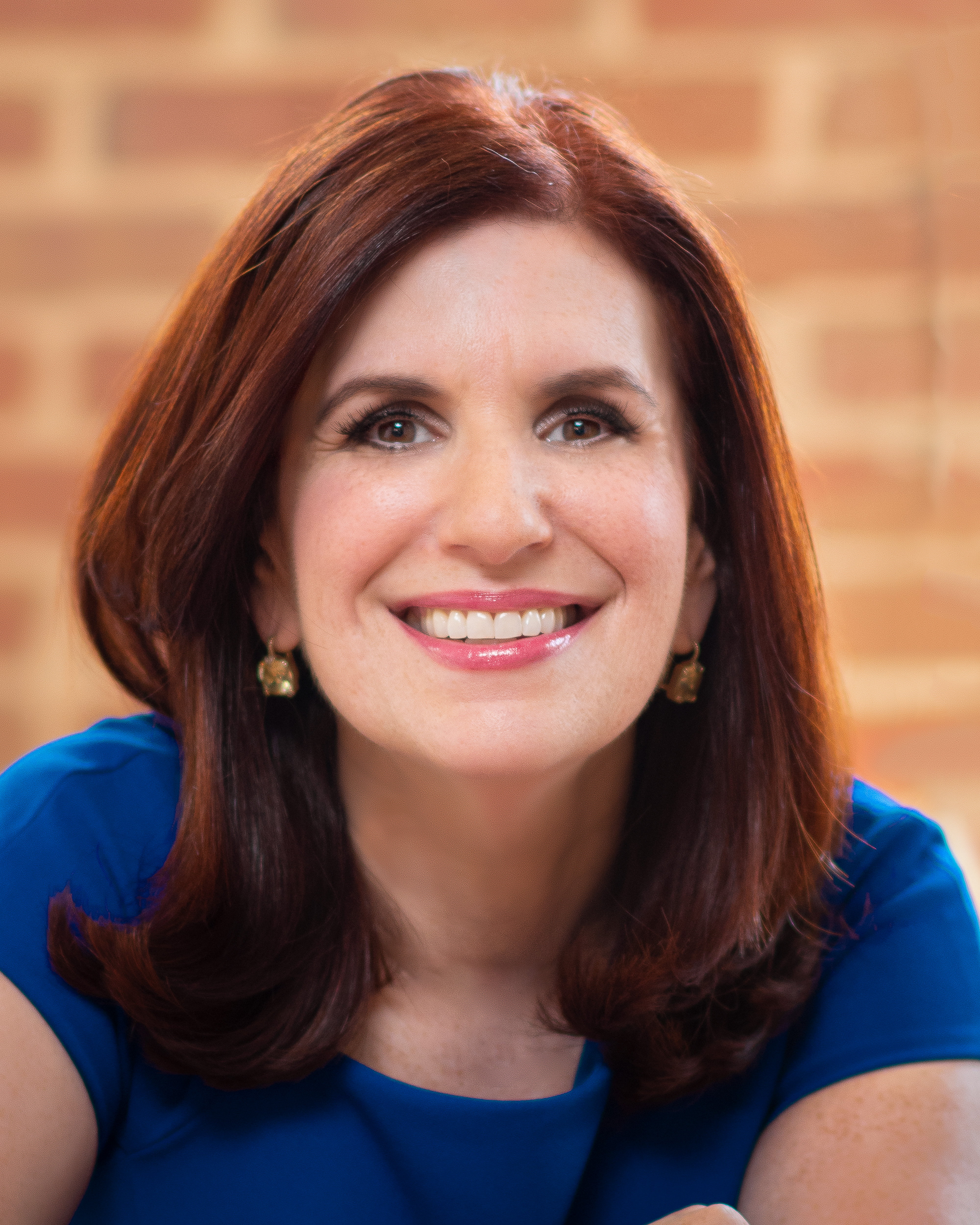Familiar with that movie-plot device of the “go it alone” hero—like the cowboy riding solitary into the sunset, the justice-seeking cop gunning a motorcycle on a deserted highway, or the superhero brooding in an underground cave after saving humanity once again? They didn’t have to make it so hard on themselves.
The truth is that most of us are better, happier, and smarter when connected with like-minded souls. Even the Incredible Hulk, who tended to isolate himself from others because of his lack of impulse control, made great strides with anger management when teaming up with the rest of the Avengers.
Nodding on your end, thinking about how great it feels to be part of a supportive community? Maybe you experienced it during high school while playing sports or being part of the marching band. Or that tight-knit group you were part of at your last job, before the pandemic took everyone out of the office or co-workers jumped ship to join another company. The point is that rather than wait for a specific set of circumstances, you have the power to create a positive community at any time.
I’m defining a community as a social group where you share common interests or ties. Maybe it’s a dozen individuals united around their love of kickboxing, or a community of 500 that shares cookie recipes. It can encompass your networks of friends, co-workers, a birth family or the one you create, or fellow members of a religious, educational, or civic group.
For Sarah Gleaton Deaner, it all started with her love of reading good books. She was a voracious reader, devouring 30 or 40 books, primarily popular fiction, a year despite raising a young family. Friends would send her Facebook messages asking for book recommendations and Deaner would publish a list of the best books she read at the end of each year. When answering the numerous requests became too time intensive, Deaner created a Facebook group in 2018 called Sarah’s Book Picks to streamline the process and access new book recommendations for herself.
She launched with about 50 friends, most of whom were from her hometown of Atlanta, Georgia, time spent living in Germany or her current stomping grounds of Keller, Texas. Her mother was so delighted with the group that she shared it with her friends, and it grew to several hundred members. Participants shared their opinions on books and made recommendations in a supportive, respectful manner, and things really began taking off.
Today, Sarah’s Book Picks has over 7,200 members representing 32 countries and over 100 cities in the United States. Full disclosure – I’m one of them and love being connected to other bookworms to learn what I should read next.
Facilitating Sarah’s Book Picks has been meaningful for Deaner, who enjoys connecting with other passionate readers. Gaining access to so many new book recommendations meant she nearly doubled her reading capacity, devouring 72 books last year.
Her advice to others thinking of creating a supportive community is simple. “I would say that you should just go for it,” she explained. “I suffer from severe analysis paralysis. If I had thought to myself, I want to create a book group and have 7,000 members and be well-known in my town, I never would’ve done that. I would’ve found 20 different reasons why it would fail, be a pain or get in my way. So if you really want to do something like that, just do it. If it’s not a massive success, who cares? And it might be.”
Build Your Own Community
The people you currently know may not be able to offer the kind of connection you require, prompting you to search for a new community online or in-person. And if that isn’t floating your boat, it may be time for you to bring others together in a way that lifts you all up together. Here are four ways to build a supportive community for your needs:
Start by considering your goals.
Do you hope to find solutions from other people who have been stuck in a similar way that you are facing, or motivate yourself to adopt healthier behaviors? Perhaps your goal is to make new friends who share a similar passion. Get clear about your motivation.
Think about timing parameters.
Is spending an hour at a weekly coffee chat with fellow elementary school parents all that you’ve got the capacity for at this point? Or would you like to gain ongoing support on your efforts to improve the local community, find new gluten-free recipes for your family, or learn a new skill like ballroom dancing? Plan in advance how many hours you’re willing to allocate each week or month in building a positive community.
Determine how your support system takes shape and form.
Do you prefer in-person, online, or a hybrid of both? These days, just about any type of interaction can take place virtually, so geography doesn’t have to be a barrier. Keep in mind that in order to build a community, you need more than two people.
Author and speaker Chris Guillebeau says that the threshold is three individuals, noting, “No man is an island, and two people can be a partnership, but you need at least three people to have community. Hopefully, over time you’ll have more than three.”
Assess the personal impact.
After you launch your group, ensure that the effort of keeping it going is fulfilling and not draining for you. If it exists online, have you created something self-sustaining, or do you share moderation rights with several people? Are community members positive in sharing their insights and giving support? Given our busy lives, there’s no reason to waste hours on an experience that isn’t delivering what you need.
I’m lucky enough to receive a lot of invitations for groups that sound interesting, but I simply don’t have the time to participate. So, it takes a lot for me to make a commitment. And when I do commit, the experience has to bring me joy, support my growth or allow me to focus on the things I’m most passionate about.
What are the most supportive communities you have ever been a part of? How have they helped you have more goodness in life?


